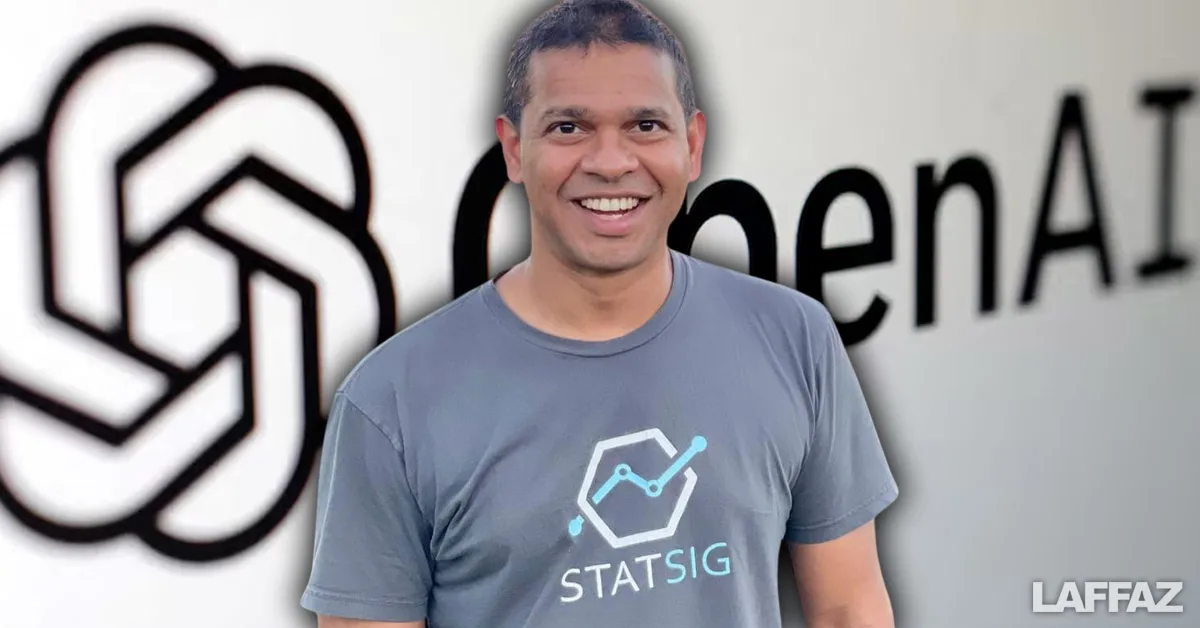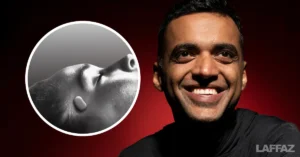ChatGPT maker OpenAI announced on Tuesday that it will acquire Seattle-based product-testing platform Statsig in an all-stock deal valued at $1.1 billion. As part of the transaction, Statsig founder and CEO Vijaye Raji, an Indian-origin entrepreneur will join OpenAI as Chief Technology Officer of Applications, reporting to Fidji Simo, CEO of Applications at OpenAI.
OpenAI said the acquisition will accelerate how the company builds and ships consumer and developer products. “We’re acquiring Statsig, one of the most trusted experimentation platforms in the industry—powering A/B testing, feature flagging, and real-time decisioning for some of the world’s most innovative companies, including OpenAI,” OpenAI wrote in a blog post announcing the deal.
Why Statsig matters to OpenAI
Statsig provides an integrated product-development platform, experimentation, analytics, feature flags and session replays, that helps engineering and product teams run experiments and make data-driven decisions. The company’s public metrics show it handles over 1 trillion events per day and serves 2.5 billion unique monthly experiment subjects, numbers that underline the platform’s scale. Customers listed on Statsig’s site include Notion, Brex, Microsoft and OpenAI itself.
OpenAI said bringing Statsig in-house will speed iteration across key product lines.
“As a hands-on builder and trusted leader, Vijaye will head product engineering for ChatGPT and Codex, with responsibilities that span core systems and product lines including infrastructure and Integrity,” the company said.
Vijaye Raji: career and the Statsig story
Raji, who graduated with a BE from Pondicherry University, India in 1999, spent nearly a decade at Microsoft before joining Facebook (now Meta) in 2011. At Meta he rose from software engineer to vice-president roles overseeing gaming, Facebook Seattle and entertainment engineering, according to his public profiles and press coverage. Four and a half years ago he and his team left to found Statsig on the premise that faster experimentation and tighter feedback loops produce better products.
In a post on Statsig’s blog announcing the deal, Raji wrote: “Today, I am excited to share that we’ve signed a definitive agreement for Statsig to join OpenAI.”
“At Statsig, our mission has always been to help product teams build smarter and faster. Now, we get to carry that vision forward as part of OpenAI.” Raji added
Team and operations
OpenAI said that, pending customary approvals, Statsig employees will become OpenAI employees and the startup will continue operating from its Seattle base while integrating with OpenAI’s Applications organisation, led by Fidji Simo. The deal is structured as an all-stock acquisition and reflects OpenAI’s continuing push to scale product development as it diversifies beyond models into full consumer and developer applications.
Fidji Simo commented on the hire and strategic fit: “Vijaye has a remarkable record of building new consumer and B2B products and systems at scale… He’s joining at a time when our models are opening entirely new ways to build, and his leadership will help turn that progress into safe applications that empower people…”
What this means for the industry?
The acquisition highlights continued consolidation as AI firms supplement foundational models with product engineering and experimentation capabilities. Bringing an enterprise-grade experimentation stack in-house could let OpenAI iterate product changes more rapidly, instrument outcomes tightly, and maintain a single control plane for feature rollouts and integrity checks, a potential edge as competition intensifies across AI applications. Analysts also noted the move signals OpenAI’s willingness to use equity to secure talent and tooling.






